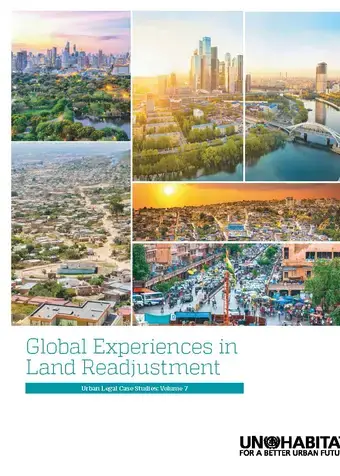 The importance of stakeholder participation and partnerships towards achieving sustainable development is expressed in the Sustainable Development Goals (SDG) 16 and 17, and in numerous paragraphs of the New Urban Agenda (NUA), (1, 4-6, 11, 15, 21, 91, 96, 126, 128, 149, 153-4, 162-3, 165, 168-9, 171, and 172), the outcome document of the third UN Conference on Housing and Sustainable Urban Development (Habitat III), held in Quito, Ecuador in October 2016.
The importance of stakeholder participation and partnerships towards achieving sustainable development is expressed in the Sustainable Development Goals (SDG) 16 and 17, and in numerous paragraphs of the New Urban Agenda (NUA), (1, 4-6, 11, 15, 21, 91, 96, 126, 128, 149, 153-4, 162-3, 165, 168-9, 171, and 172), the outcome document of the third UN Conference on Housing and Sustainable Urban Development (Habitat III), held in Quito, Ecuador in October 2016.
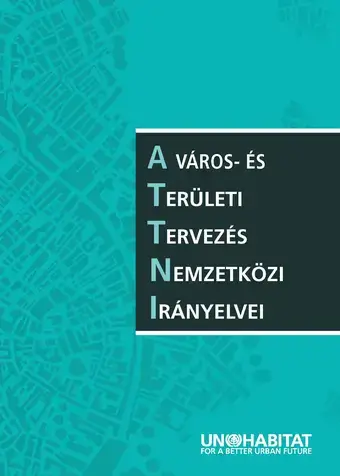
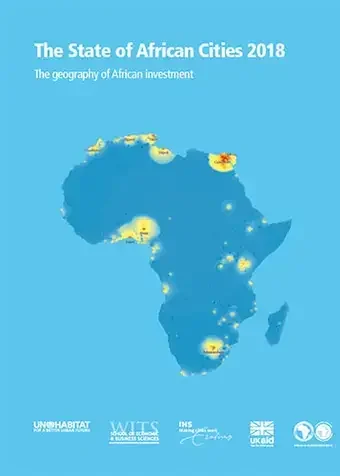
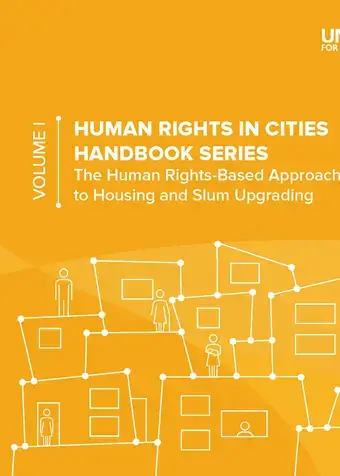
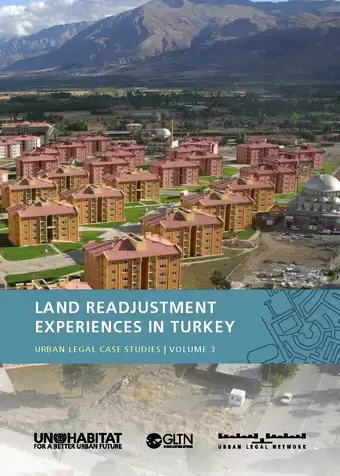
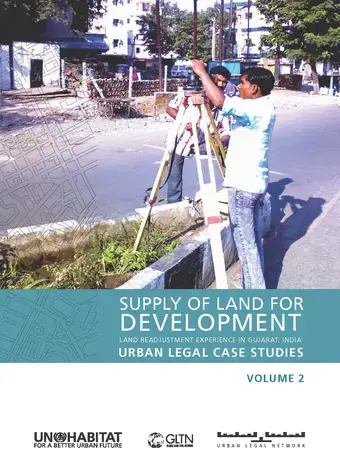
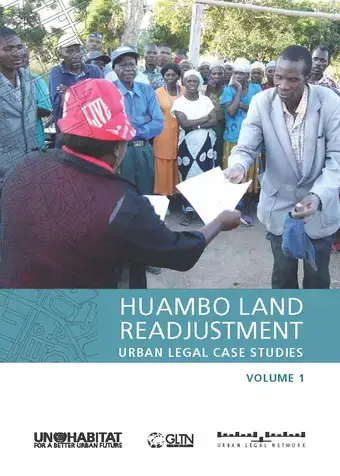
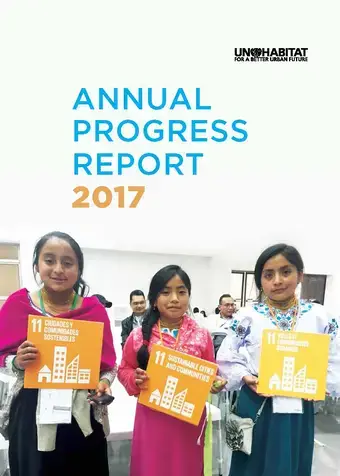
 This is the fourth Annual Progress Report on the implementation of the six-year strategic plan (2014-2019). The annual report is meant to communicate, in a transparent and accountable manner, the impact of UN-Habitat’s work as well as the use of resources by the Organization.
This is the fourth Annual Progress Report on the implementation of the six-year strategic plan (2014-2019). The annual report is meant to communicate, in a transparent and accountable manner, the impact of UN-Habitat’s work as well as the use of resources by the Organization.